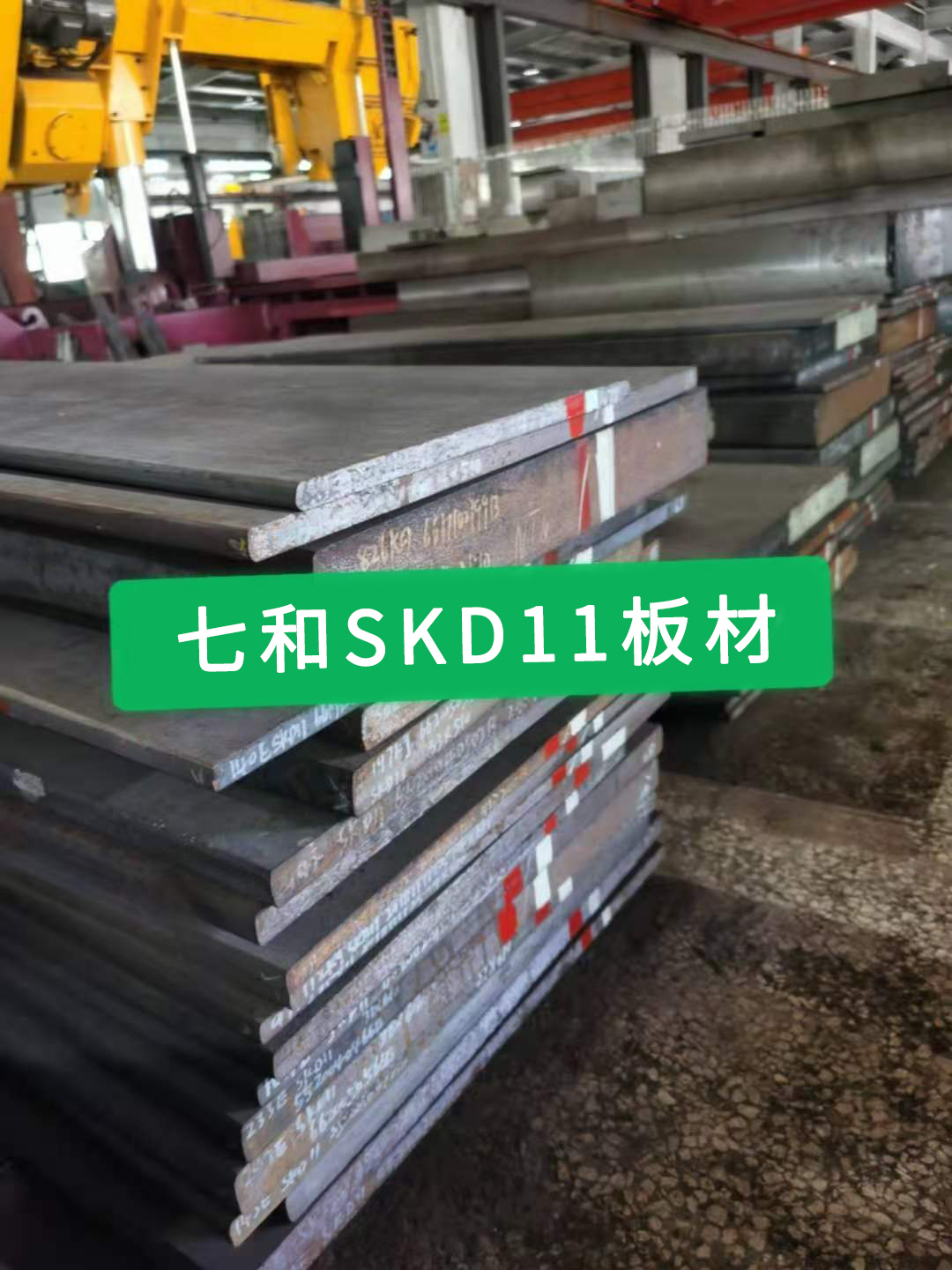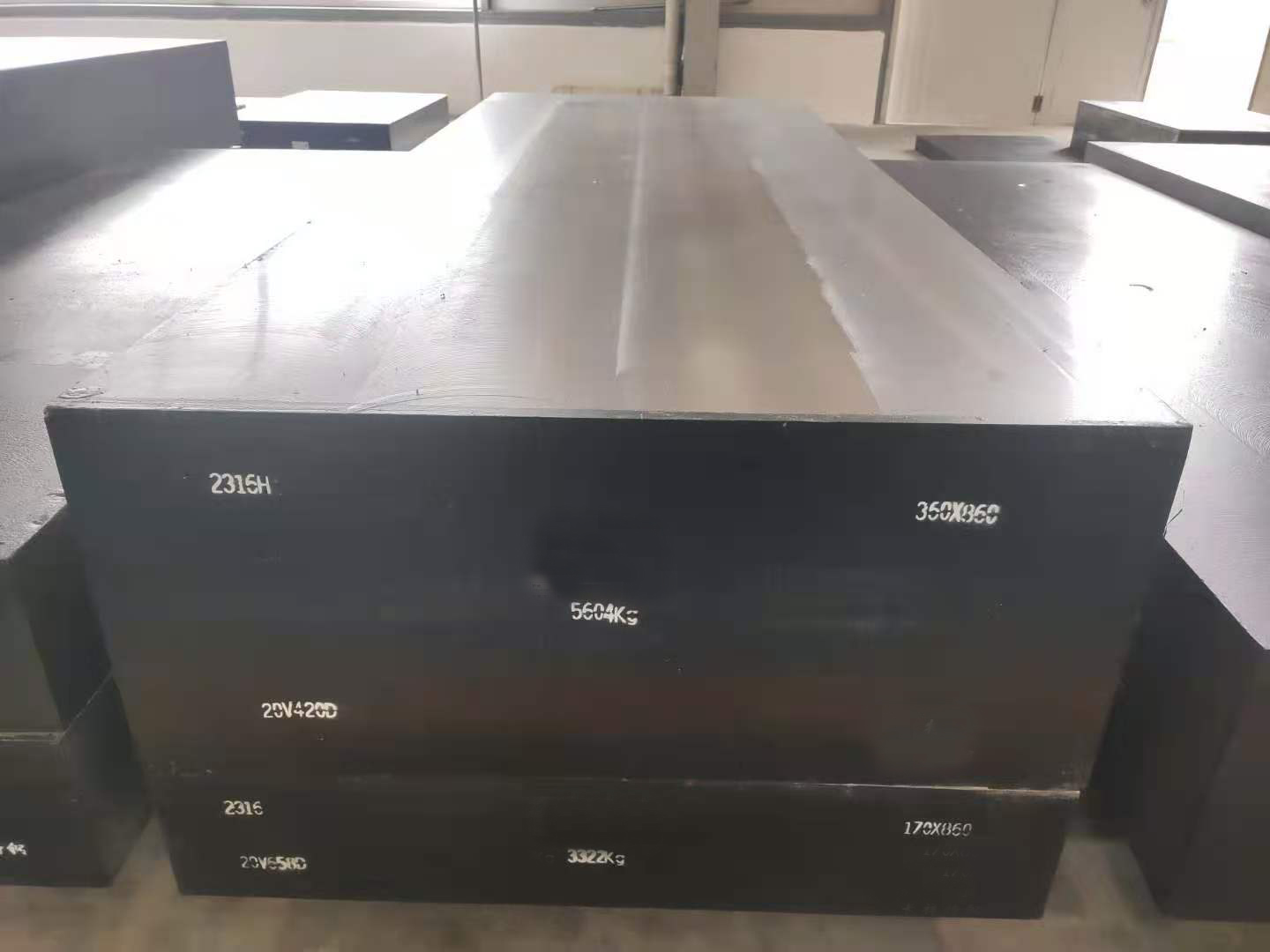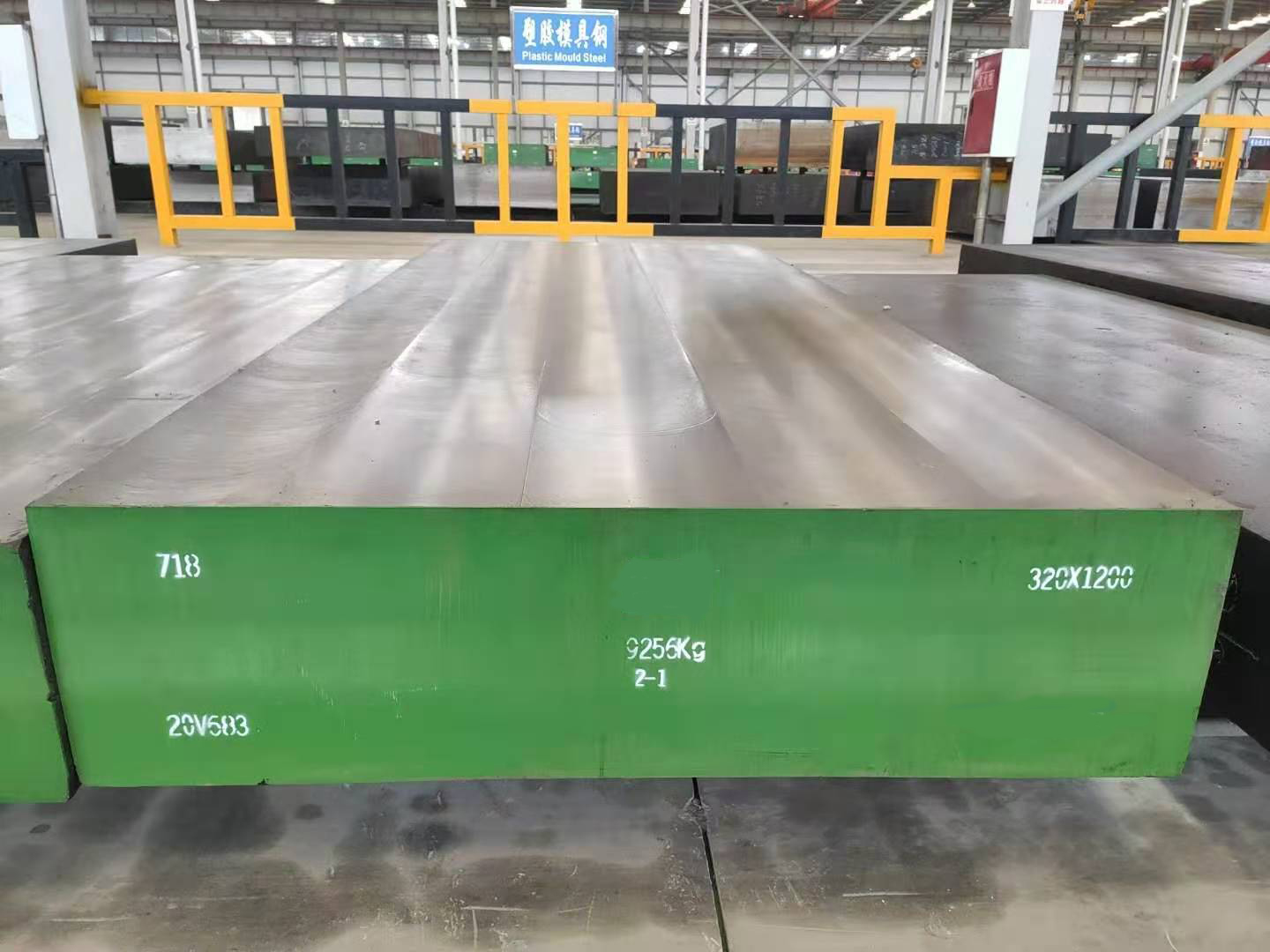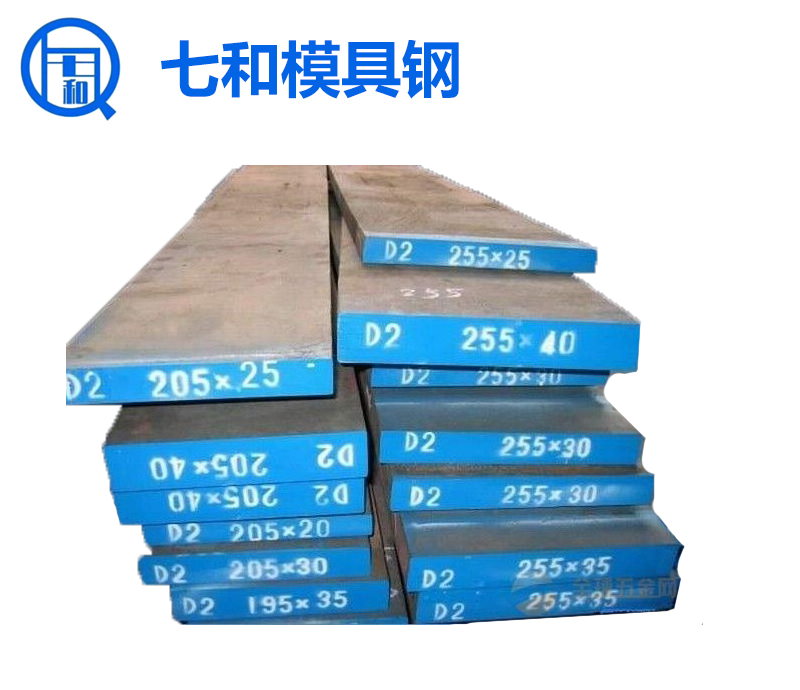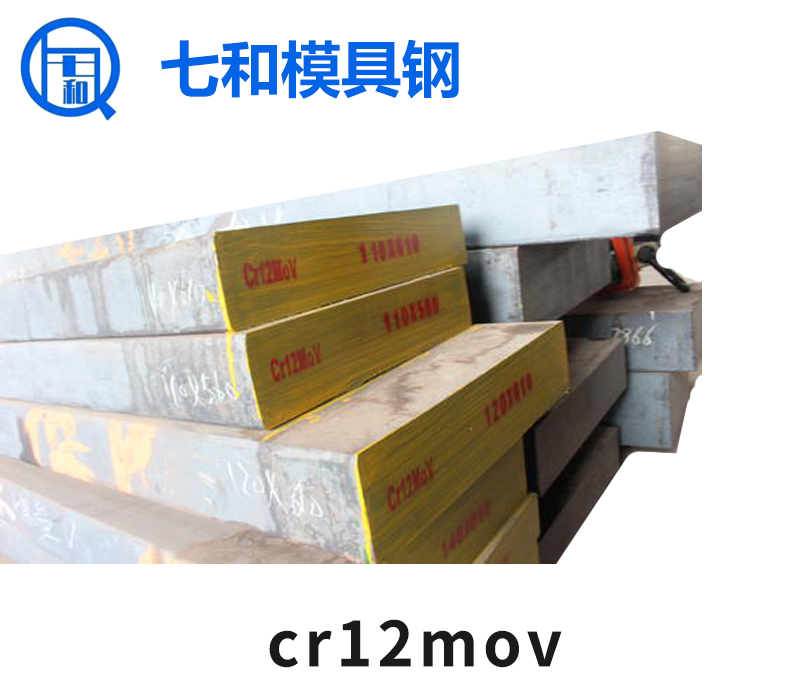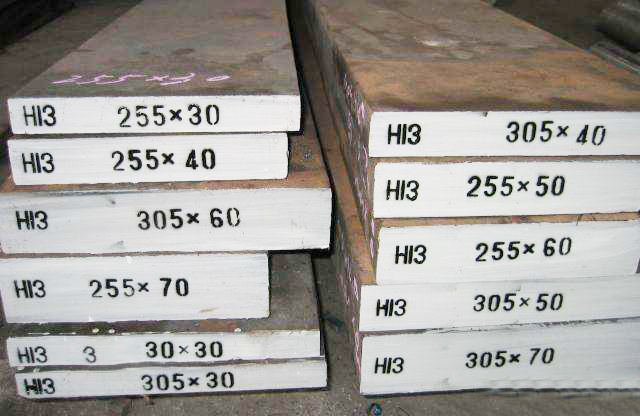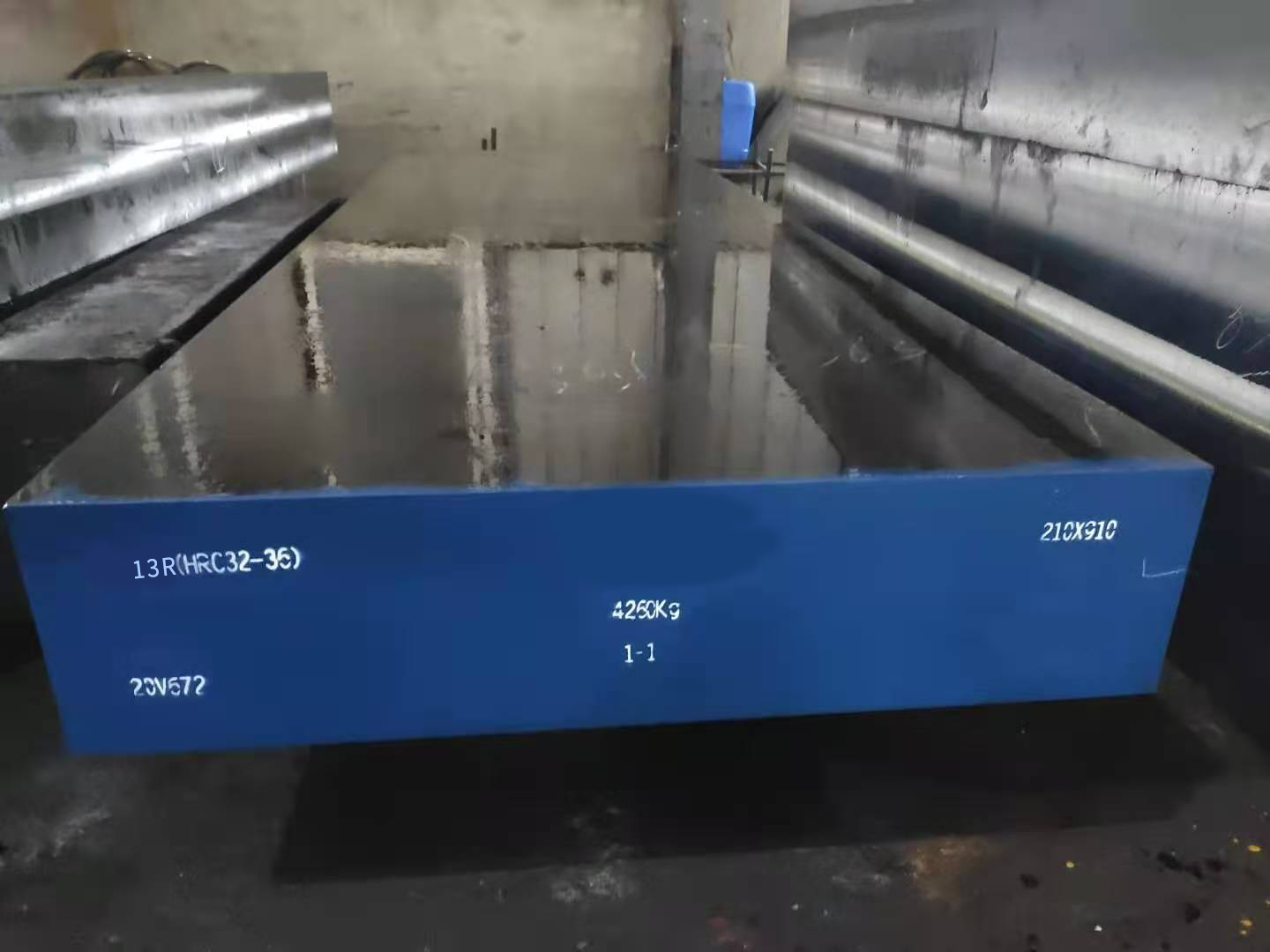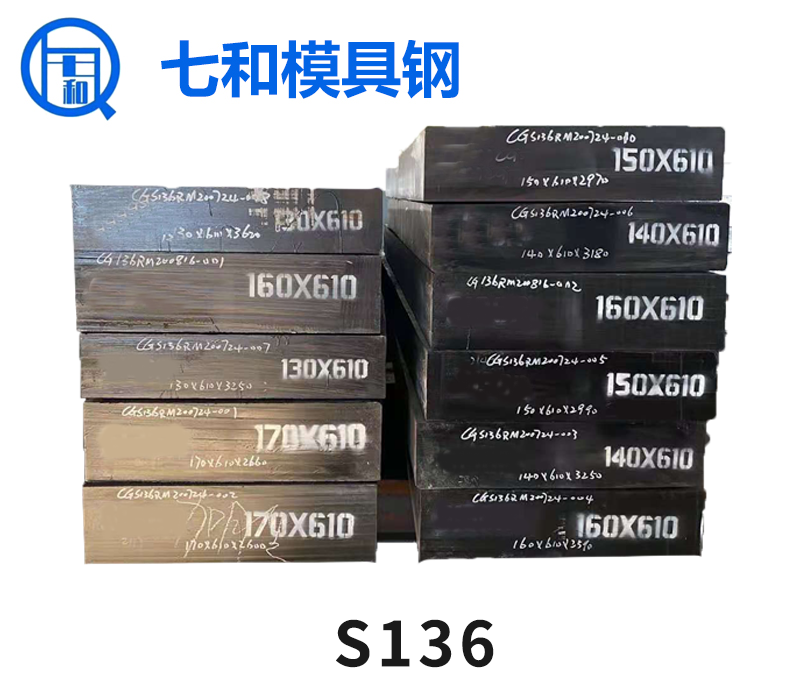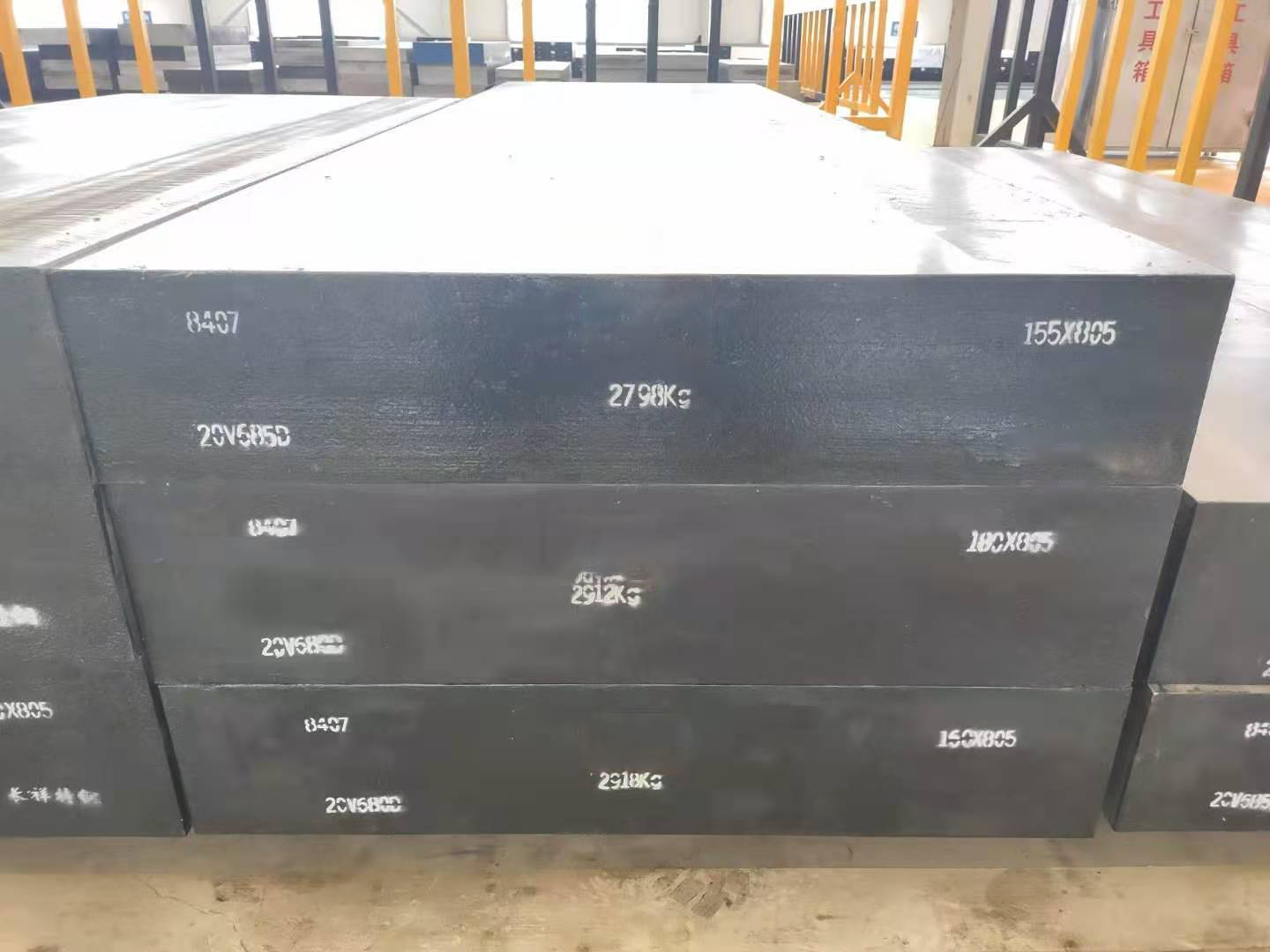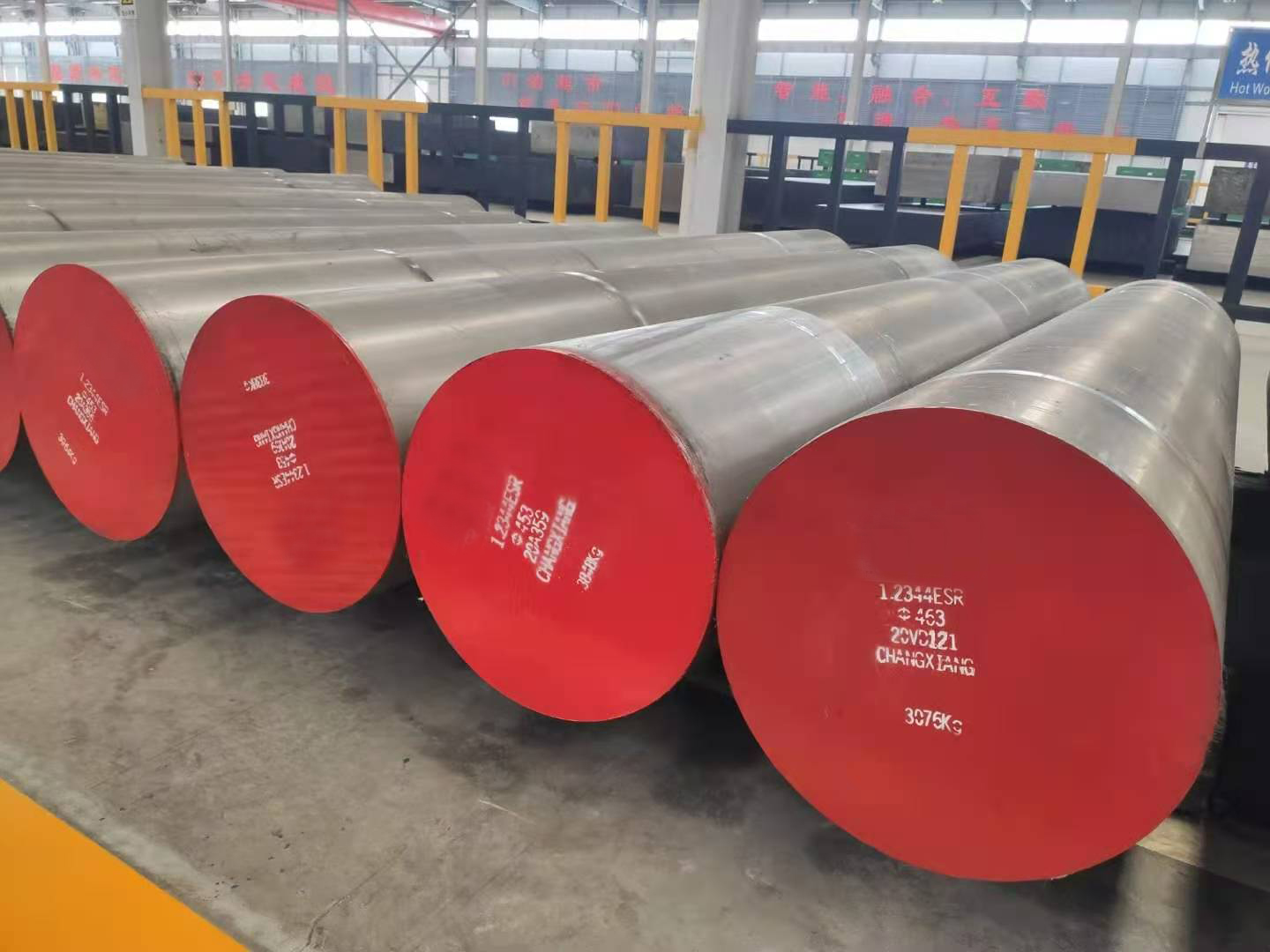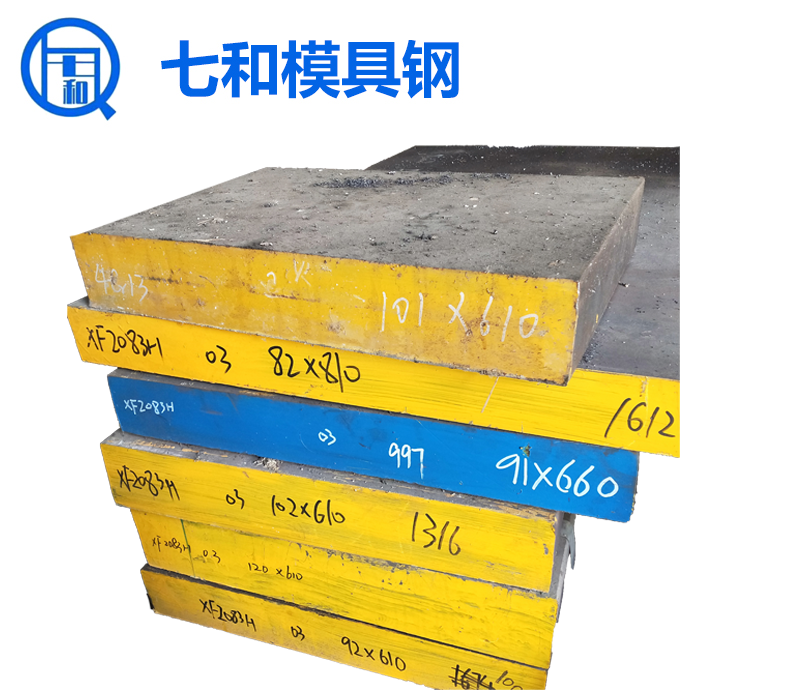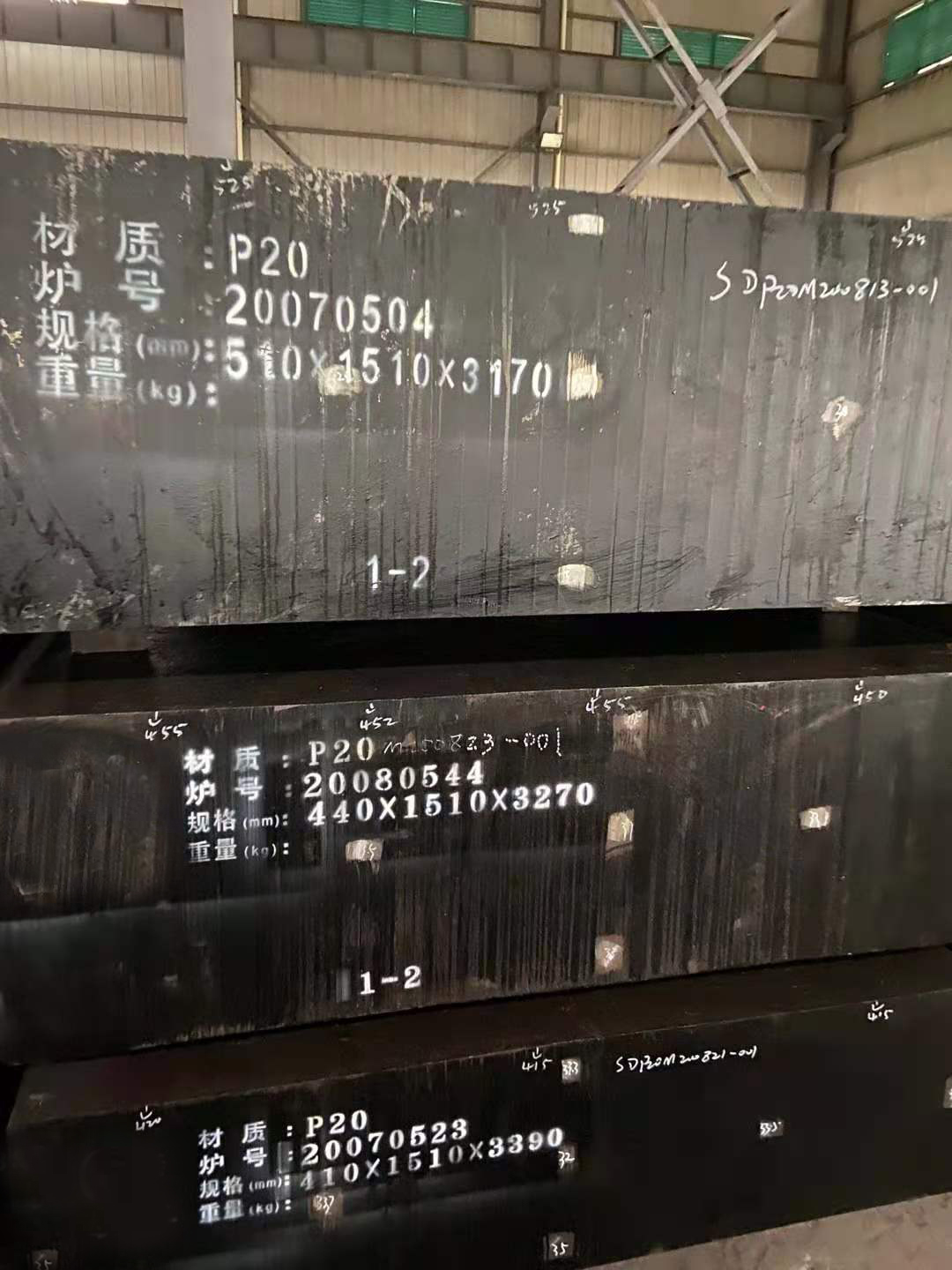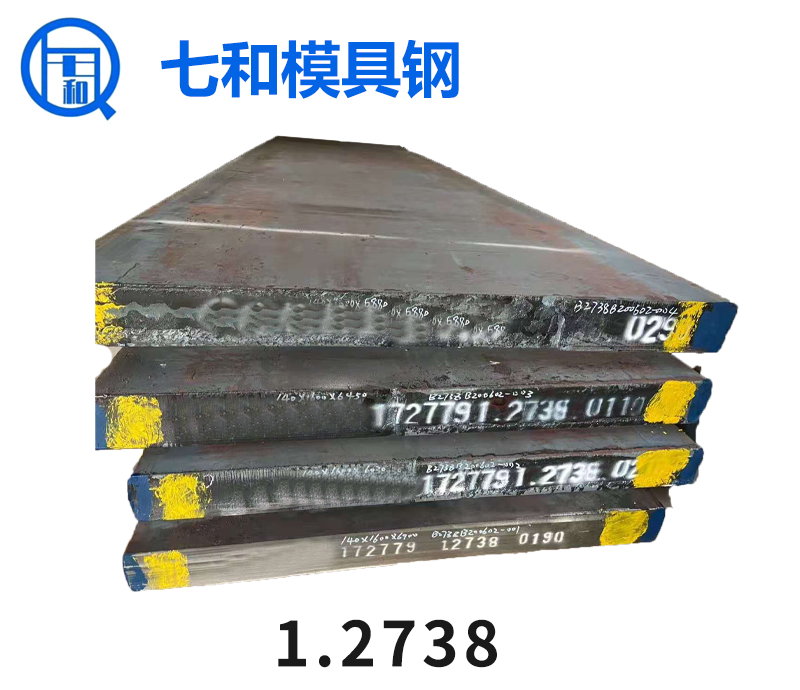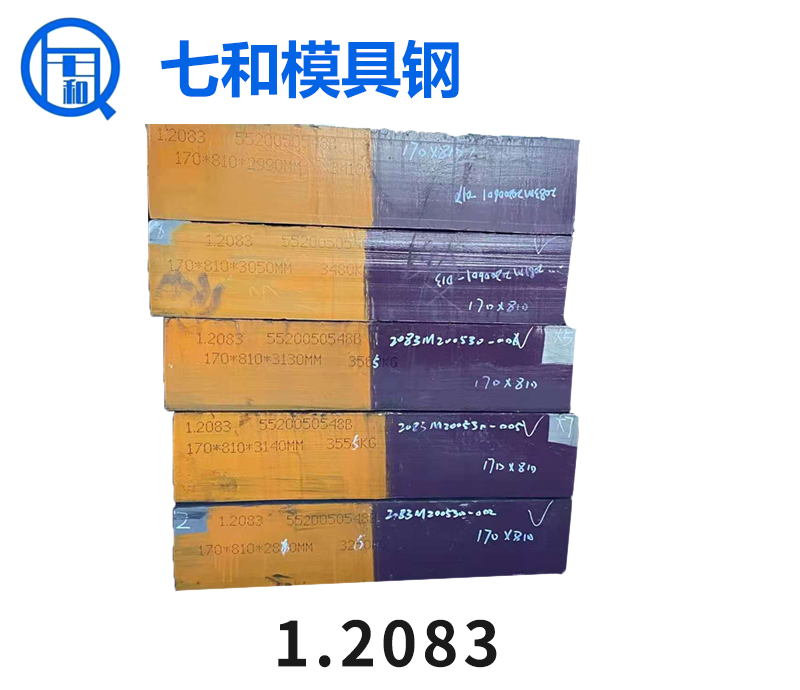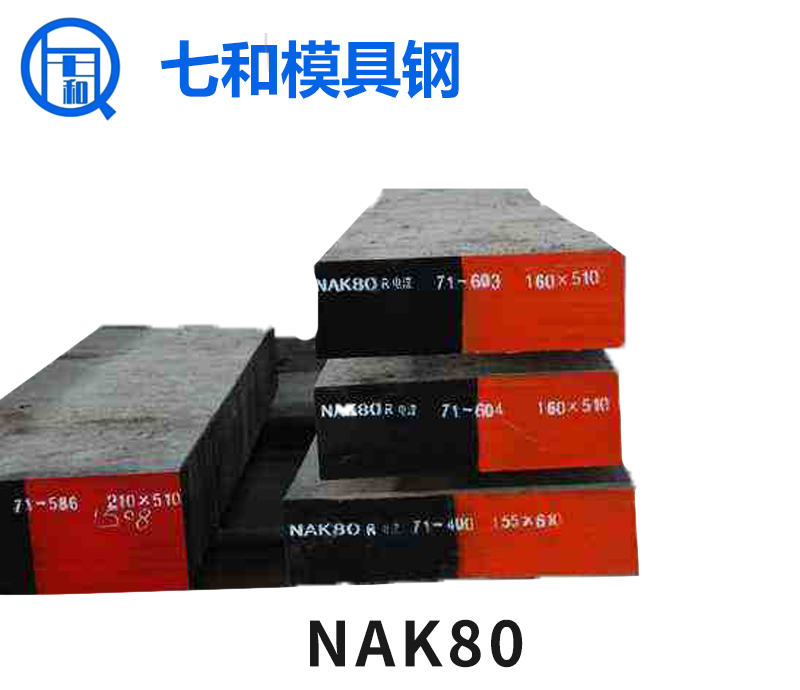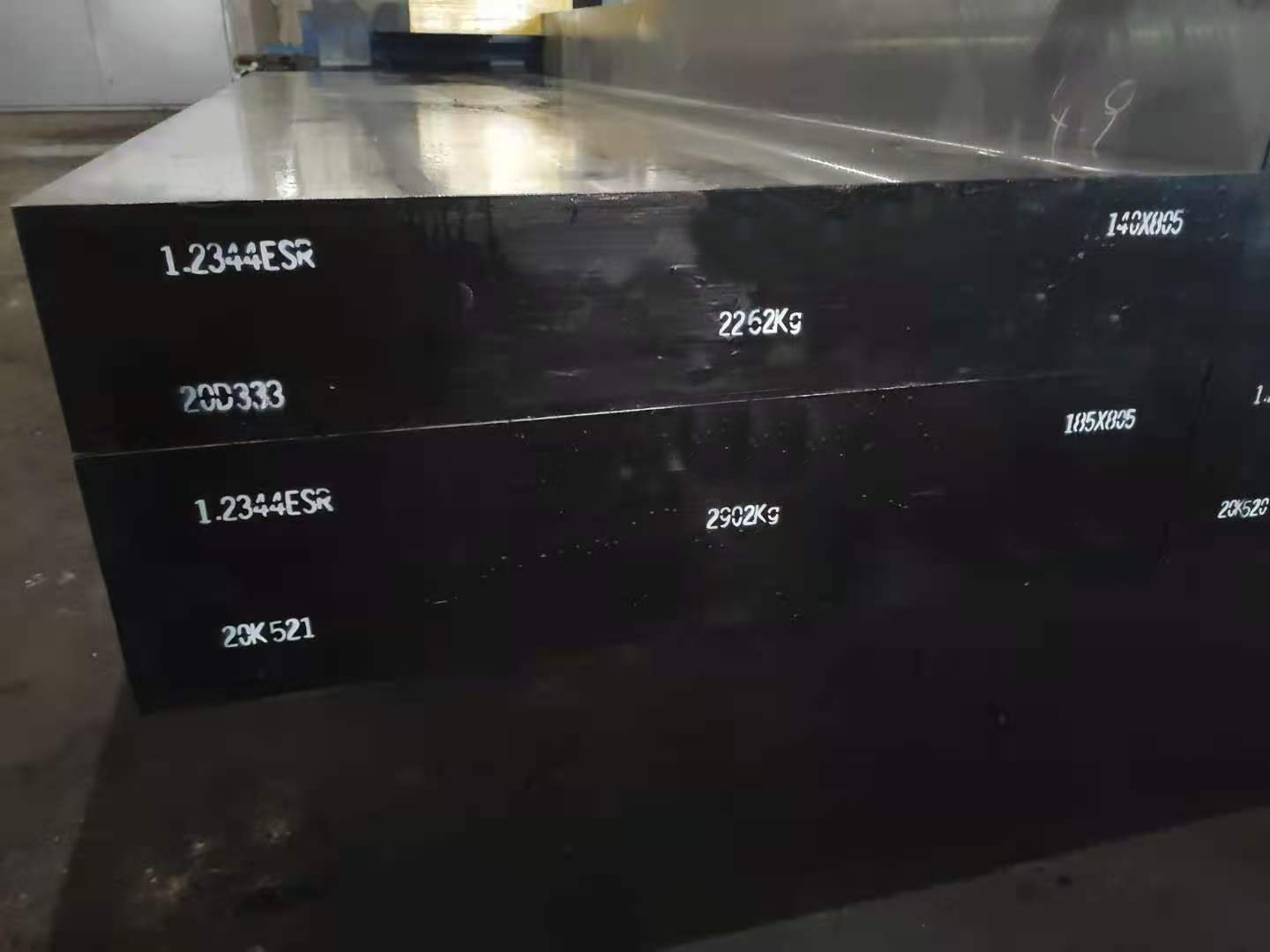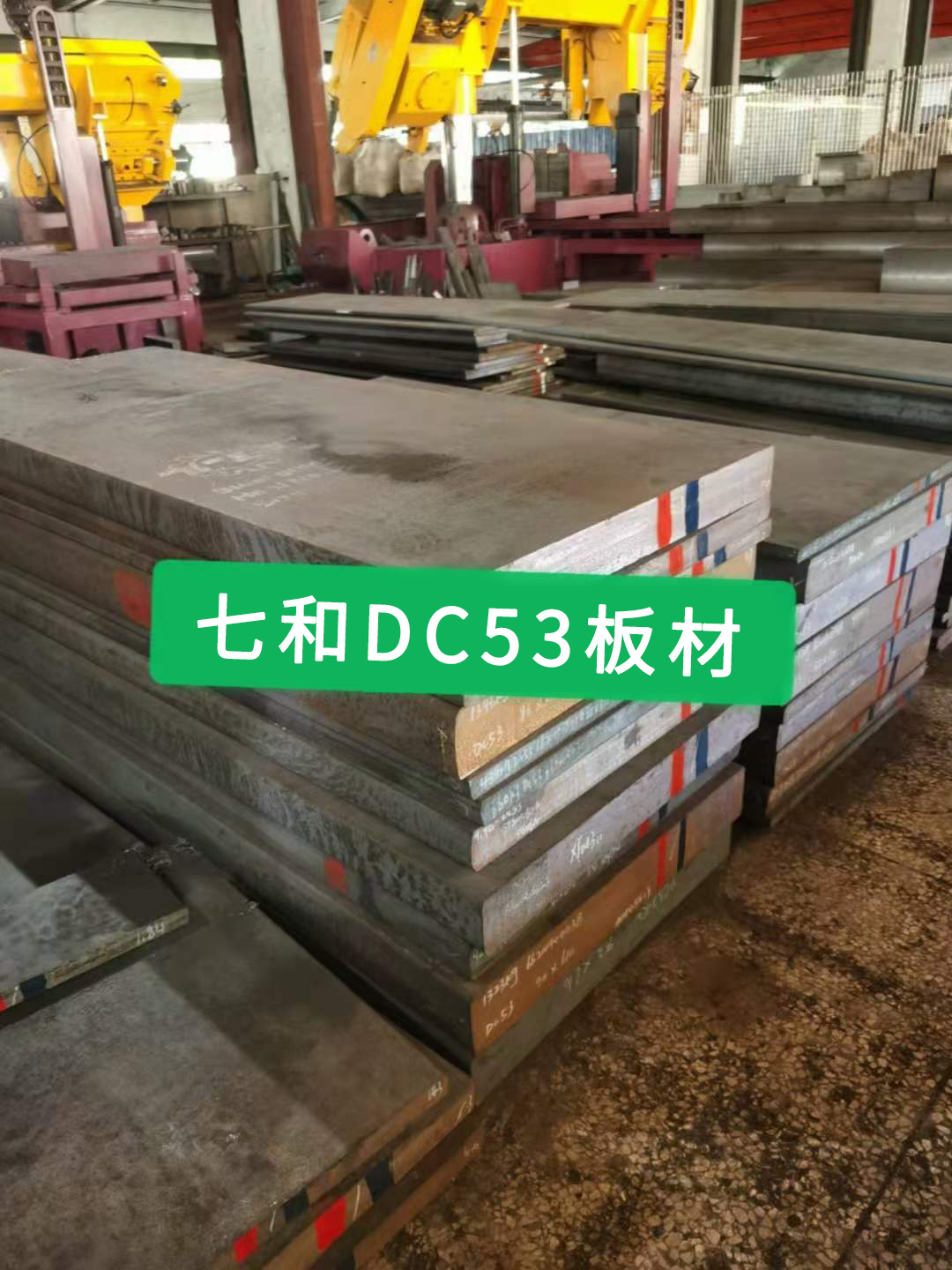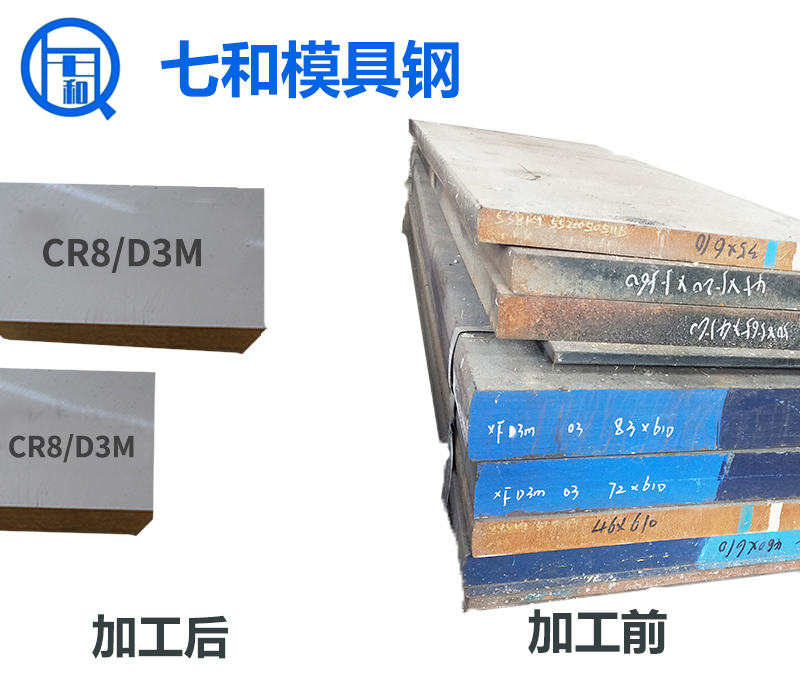热作模具钢是指适宜于制作对金属进行热变形加工的模具用的合金工具钢,如热锻模、热挤压模、压铸模、热镦模等。由于热作模具长时间处于高温高压条件下工作,因此,要求模具材料具有高的强度、硬度及热稳定性,特别是应有高热强性、热疲劳性、韧性和耐磨性。接下来天成模具钢给大家分享一下我们常用的热作模具钢。
Hot working die steel refers to the alloy tool steel suitable for hot deformation of metal, such as hot forging die, hot extrusion die, die casting die, hot upsetting die, etc. Because the hot working die works under high temperature and high pressure for a long time, the die material is required to have high strength, hardness and thermal stability, especially high thermal strength, thermal fatigue, toughness and wear resistance. Next, Tiancheng die steel will share with you our common hot working die steel.
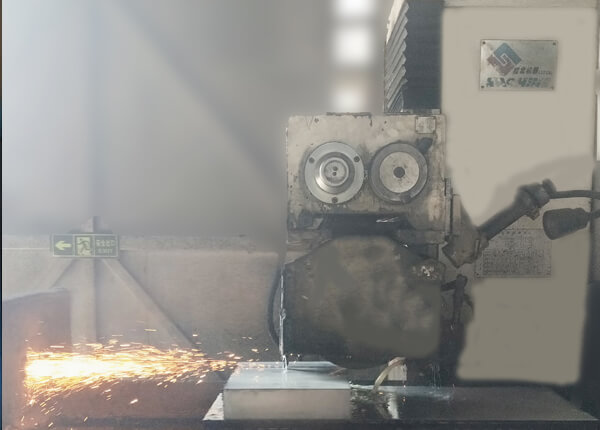

1.热作模具的工作条件
1. Working conditions of hot working die
热作模具包括锤锻模、热挤压模和压铸模三类。如前所述.热作模具工作条件的主要特点是与热态金属相接触、这是与冷作模具工作?件的主要区别。因此会带来以下两方面的问题:
Hot working die includes hammer forging die, hot extrusion die and die casting die. As mentioned above, the main feature of working conditions of hot working die is contact with hot metal, which is the main difference between working conditions of hot working die and that of cold working die. Therefore, it will bring the following two problems:
(l)模腔表层金属受热。通常锤锻模工作时.其模腔表面温度可达300~400℃以上热挤压模可达500一800℃以上;压铸模模腔温度与压铸材料种类及浇注温度有关。
(l) The surface metal of the cavity is heated. The surface temperature of the die cavity can reach 300-400 ℃ or above when the hammer forging die is working. The temperature of the die cavity of the hot extrusion die can reach 500-800 ℃. The temperature of the die cavity of the die casting die is related to the type of the die casting material and the pouring temperature.
如压铸黑色金属时模腔温度可达1000℃以上。这样高的使用温度会使模腔表面硬度和强度显著降低,在使用中易发生打垛。为此.对热模具钢的基本使用性能要求是热塑变抗力高,包括高温硬度和高温强度、高的热塑变抗力,实际上反映了钢的高回火稳定性。由此便可以找到热模具钢合金化的种途径,即加入Cr、W、Si.等合金元素可以提高钢的回火稳定性。
For example, the temperature of die cavity can reach more than 1000 ℃ when casting ferrous metal. Such a high temperature will significantly reduce the surface hardness and strength of the mold cavity, and it is easy to stack in use. Therefore, the basic performance requirements of hot die steel are high thermoplastic deformation resistance, including high temperature hardness and high temperature strength, high thermoplastic deformation resistance, which actually reflects the high tempering stability of the steel. Therefore, the first way of alloying hot die steel can be found, that is, adding CR, W, Si and other alloying elements can improve the tempering stability of the steel.
(2)模腔表层金属产生热疲劳(龟裂)。热模的工作特点是具有间歇性.每次使热态金属成形后都要用水、油、空气等介质冷却模腔的表面。
(2) Thermal fatigue (cracking) occurs in the surface metal of die cavity. The working characteristic of hot die is intermittence. Every time the hot metal is formed, the surface of die cavity should be cooled by water, oil, air and other media.
因此.热模的工作状态是反复受热和冷却,从而使模腔表层金属产生反复的热胀冷缩,即反复承受拉压应力作用.其结果引起模腔表面出现龟裂,称为热疲劳现象,由此,对热模具钢提出了第二个基本使用性能要求.即具有高的热疲劳抗力。一般说来,影响钢的热疲劳抗力的因素主要有:
Therefore, the working state of the hot die is repeated heating and cooling, which makes the surface metal of the die cavity produce repeated thermal expansion and cold contraction, that is, repeatedly bear tensile and compressive stress. The result causes cracks on the surface of the die cavity, which is called thermal fatigue phenomenon. Therefore, the second basic performance requirement of the hot die steel is put forward, that is, high thermal fatigue resistance. Generally speaking, the main factors affecting the thermal fatigue resistance of steel are as follows:
①钢的导热性。钢的导热性高,可使模具表层金属受热程度降低,从而减小钢的热疲劳倾向性。
① The thermal conductivity of steel. The high thermal conductivity of the steel can reduce the heating degree of the surface metal of the die, thus reducing the thermal fatigue tendency of the steel.
一般认为钢的导热性与合碳量有关,含碳量高时导热性低,所以热作模具钢不宜采用高碳钢。在生产中通常采用中碳钢(C0.3%5~0.6%)合碳量过低.会导致钢的硬度和强度下降.也是不利的。
It is generally believed that the thermal conductivity of steel is related to the amount of carbon. When the carbon content is high, the thermal conductivity is low, so high carbon steel is not suitable for hot working die steel. Medium carbon steel (c0.3% 5-0.6%) is usually used in production. If the carbon content is too low, the hardness and strength of the steel will be reduced, which is also unfavorable.
②钢的临界点影响。通常钢的临界点(Acl)越高.钢的热疲劳倾向性越低。因此.一般通过加入合金元素Cr、W、Si、引来提高钢的临界点。从而提高钢的热疲劳抗力。
② The critical point effect of steel. Generally, the higher the critical point (ACL) of steel, the lower the thermal fatigue tendency of steel. Therefore, the critical point of steel can be improved by adding alloying elements Cr, W, Si and Ti. So as to improve the thermal fatigue resistance of the steel.
上一条:
塑胶模具具有哪些设备组成?
下一条:
热作模具钢是按照什么来分类的?
